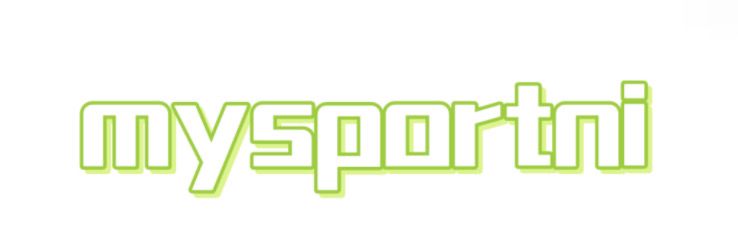The Advantages of Implementing Smart Home Automation Systems OEM
Understanding Smart Home Automation Systems
Smart home automation systems are increasingly becoming a part of modern living. These systems allow users to control various devices in their homes, enhancing convenience, security, and energy efficiency. Implementing smart home automation systems through OEM (Original Equipment Manufacturer) brings several advantages that are worth exploring.
1. Cost-Effectiveness
Partnering with an OEM can significantly reduce development and production costs. OEMs often have established supply chains and manufacturing processes, resulting in lower unit costs for both hardware and software components. Homeowners can enjoy sophisticated smart home technologies without breaking the bank.
2. Customization Options
Using an OEM allows for tailored solutions to meet specific needs. Companies can collaborate with OEMs to develop proprietary features or integrate with existing systems. This customization can encompass everything from user interfaces to unique sensor capabilities, ensuring the final product aligns with consumer expectations.
3. Enhanced Reliability
OEMs usually possess extensive experience in producing smart devices, resulting in a more reliable product. By leveraging their expertise, companies can ensure that smart home automation systems undergo rigorous testing for quality and durability. This leads to fewer product failures and an improved user experience.
4. Quick Time-to-Market
Collaborating with an OEM can expedite the development cycle. With established infrastructure and experience, companies can bring their smart home automation products to market faster. This speed not only provides businesses with a competitive edge but also allows consumers to access the latest innovations sooner.
5. Continuous Support and Updates
OEMs frequently offer ongoing support and software updates, ensuring that products function optimally and remain secure over time. This long-term relationship benefits consumers who appreciate having access to the latest features and protection against potential vulnerabilities.
Recommended article:How to Choose Programmable Universal TPMS Sensors?
6. Scalability
As smart home technologies evolve, scalability becomes crucial. OEMs are well-equipped to assist companies in seamlessly scaling their products and services to meet changing market demands. This is particularly important as the smart home market continues to grow and diversify.
7. Access to Advanced Technologies
OEM partners often invest significantly in research and development, granting companies access to cutting-edge technologies. This collaboration allows businesses opting for an OEM approach to integrate the latest advancements in AI, machine learning, and IoT into their smart home automation systems, enhancing overall functionality.
8. Improved Integration
Smart home automation systems thrive on interoperability. Working with an OEM often results in products designed to work seamlessly with other devices and systems. This improved integration ensures a more cohesive user experience, enabling homeowners to manage all their smart devices from a single platform.
Conclusion
Implementing smart home automation systems through OEM offers numerous advantages, including cost savings, customization, reliability, and faster market entry. As the smart home industry continues to evolve, businesses that leverage these benefits will enhance their product offerings and improve the user experience for homeowners.
If you want to learn more, please visit our website Programmable Universal TPMS Sensor OEM, Programmable Universal TPMS Sensor, TPMS Diagnostic Tool wholesale.

